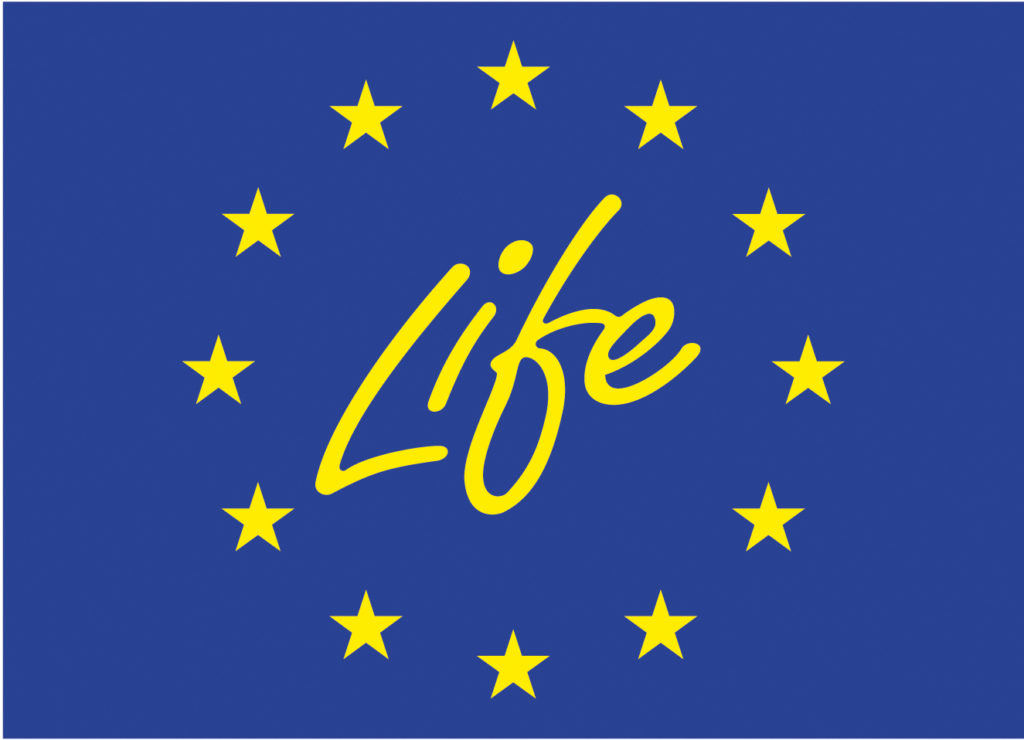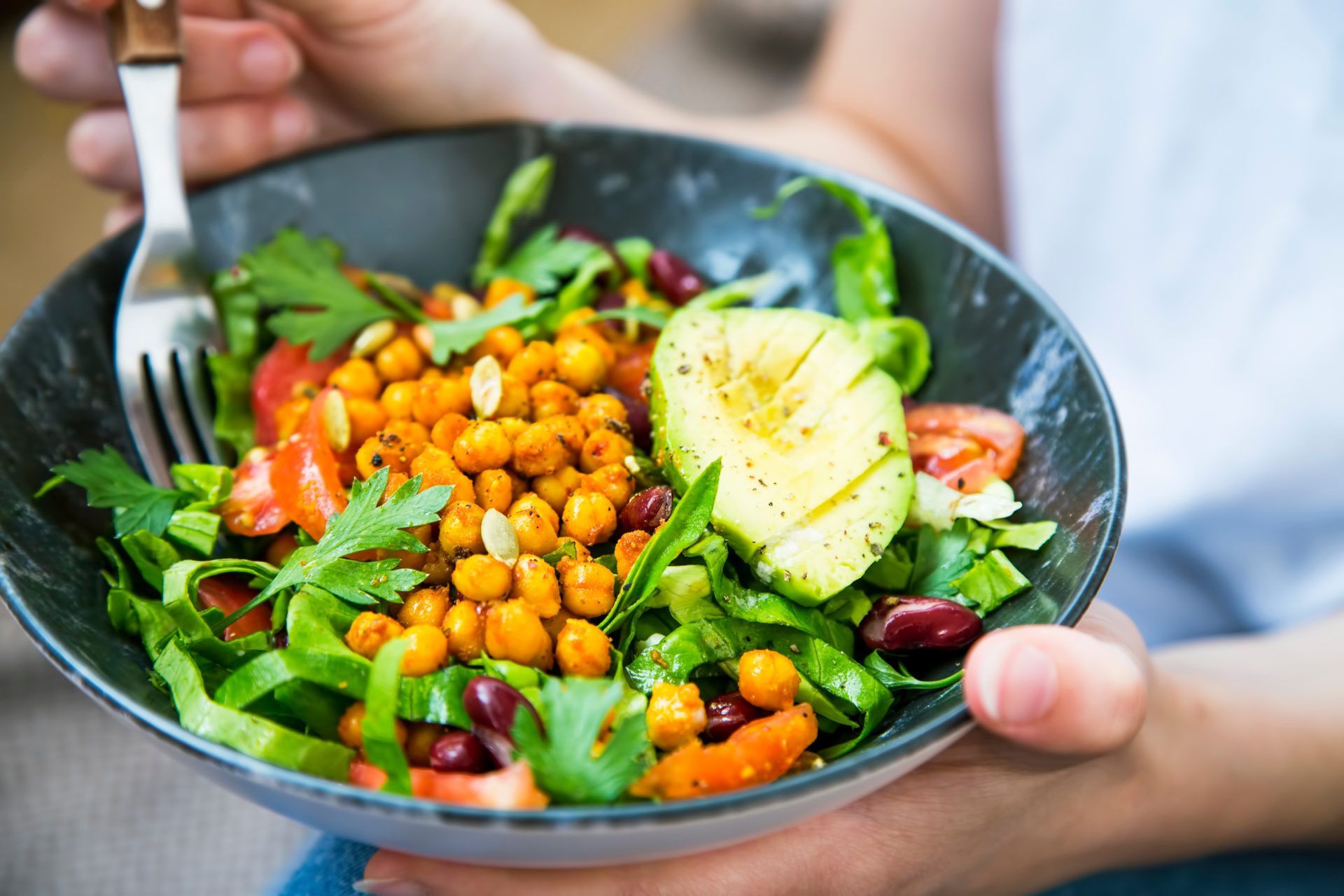
Do you know what a flexitarian diet is? What about a raw vegan one?
Would you like to learn about healthier and more sustainable diet options? Here we offer some suggestions you may find useful for taking care of your health and that of the planet.
While it is true that common sense and following the recommendations of the Public Health Agency of Catalonia are the most important guidance when it comes to sustainable and healthy eating, we would like to introduce you to some of the different types of diets.
There are many different types of diets, and in this article, we have selected five examples that are gaining a lot of attention. Let’s see if you know them all! And, who knows, maybe you will discover one that you are interested in trying or getting closer to.
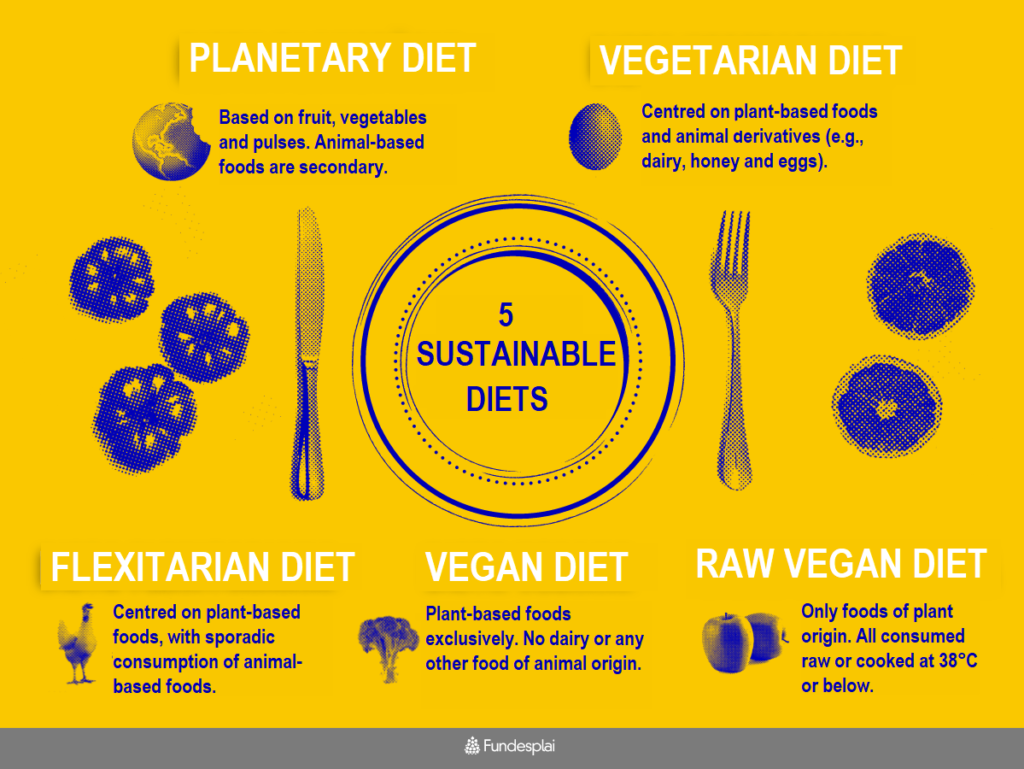
PLANETARY DIET
If you have read the last few posts on our blog, you may already be familiar with this diet. In case you don’t remember what it consists of or you still haven’t read the article “The Planetary Diet or How to Feed Ourselves while Taking Care of the Planet“, here is a brief summary:
– We should increase fruit and vegetable consumption. In fact, to do well plant-based food should make up around 50% of our diet. The planetary diet also promotes an increase in our consumption of pulses and nuts and a physically active and social life.
– Local, seasonal and wholemeal products are healthier and more sustainable, so it is very important to prioritise them whenever possible.
– We must greatly reduce animal protein intake. Excessive consumption of meat and other animal protein worsens people’s health, affects climate change, contributes to deforestation and promotes animal abuse, among other things.
– Also of primary importance is reducing the consumption of unhealthy foods, which are those linked to a higher risk of disease and a greater environmental impact. Less salt, sugars, red and processed meat and also less (or no) ultra-processed products.
> Find out everything you need to know about the planetary diet in the article “The planetary diet or how to feed ourselves while taking care of the planet”.
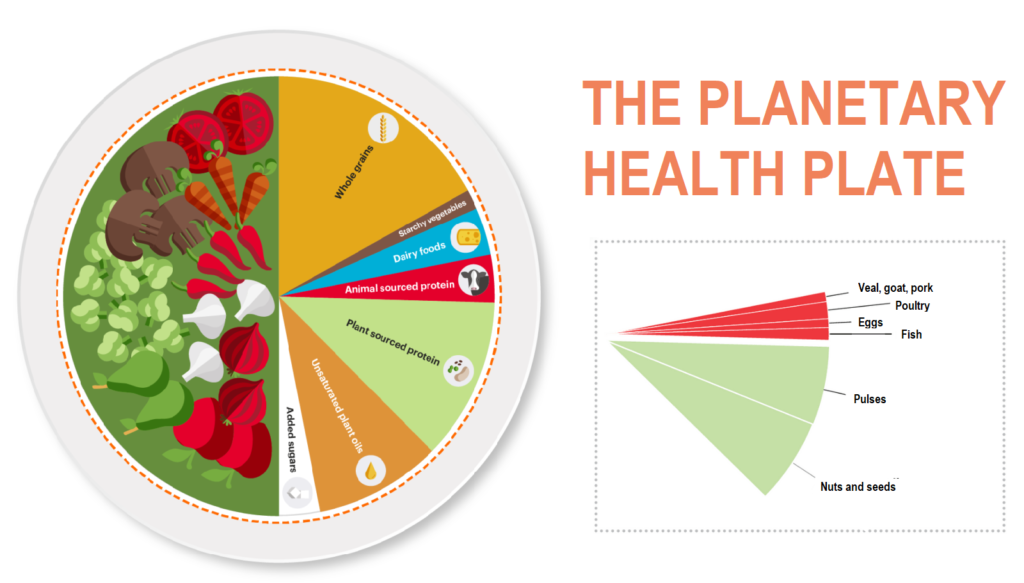
VEGETARIAN DIET
A vegetarian is a person who does not eat animals directly -neither meat nor fish- but does consume its derivatives, such as dairy products, eggs or honey. Another name for this diet is lacto-ovo vegetarianism (text in Catalan).
The main reasons for choosing a vegetarian diet are respect for the welfare and life of animals, concern for the environment and the climate emergency (due to the environmental impact of excessive meat production), and ethical, religious or health reasons.
According to the Health Channel of the Generalitat de Catalunya, a properly planned vegetarian diet is healthy, nutritionally correct and provides benefits to health and in the prevention and treatment of certain diseases. It is also suitable for all stages of the human life cycle as long as all the nutrients our bodies require are taken into account.
> More information
FLEXITARIAN DIET
According to Adam Martín, a journalist specialising in food and health, the flexitarian diet involves eating all kinds of food, but proportions change with respect to the Western Pattern Diet (WPD). Flexitarians eat more plant-based products, i.e. vegetables, fruit, pulses, seeds, nuts and seaweed; fish, a couple of times a week; and very little meat.
Martín states that a well-planned flexitarian diet leads to fantastic health. It also helps reduce the cost of food shopping and improves the health of the planet.
He also claims that most epidemiological studies have concluded that vegetarians have a better health status than frequent meat eaters. However, these studies also show that people who mainly eat plant foods while consuming animal protein ad hoc have the same health status as vegetarians.
Thus, Martín concludes, the problem (both for the health of people and the planet) is most likely excessive meat consumption and not so much meat consumption itself.
> More information (in Catalan)
VEGAN DIET
Donald Watson, who founded the Vegan Society in 1944, described veganism as “a philosophy and way of living which seeks to exclude—as far as is possible and practicable—all forms of exploitation of, and cruelty to, animals“. He also explained that it is a purely vegetarian diet, which consists of avoiding the consumption of meat, fish, seafood, eggs, milk and dairy products.
Furthermore, vegans advocate alternatives for all materials derived in whole or in part from animals. Thus, respect for animals is not limited to not eating them but extends to all other aspects of daily life. Veganism is thus critical of animal fur or wool clothing, zoos, aquariums or circuses with animals. Nor do they accept the use of animals in scientific studies or technological laboratories, cosmetic products or medicines tested on animals.
The Health Channel of the Generalitat de Catalunya recommends that people who follow strict vegetarian or vegan diets have careful and personalised monitoring by nutrition professionals to ensure their bodies receive all the nutrients they need.
RAW VEGAN DIET
According to Consuelo Rodríguez, visual artist and trainer in raw vegan cooking and living foods, in raw cooking, fire is replaced by water: soaking water, water from fruits and vegetables, water for cooking sprouts, etc. Besides, she clarifies that raw does not mean cold: the key is not exceeding 38ºC in meal preparation. This particular temperature comes from the idea that a large part of the nutrients and enzymes in the food are destroyed beyond 38ºC.
In an interview on the website Ets el que menges (in Catalan), Rodríguez explains that raw veganism is a type of cuisine based on the consumption of plants and living foods and seeds activated by water.
In addition, she says that raw veganism is a lifestyle based on three pillars: one of the ethics and morals of “compassion towards animals”, another focused on environmental sustainability and respect for the planet, and a third centred on health.
The Catalan Health Channel recommends keeping in mind that some diets, like this one, require professional advice on nutrients necessary to complement the diet, such as vitamin B12 supplementation.
> More information (in Catalan)
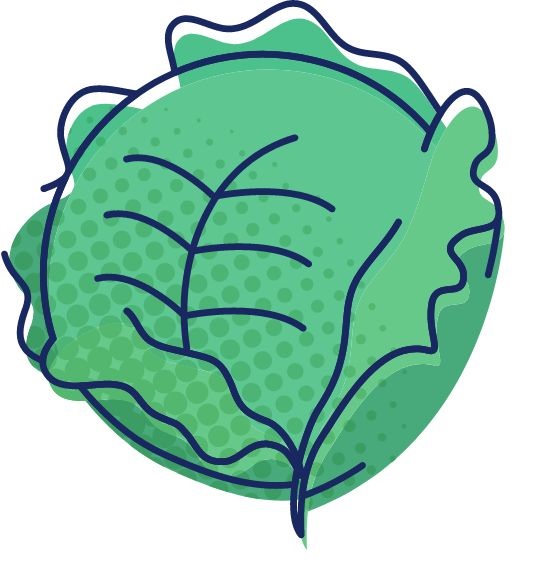
Other types of diet are pescetarianism, a term that refers to vegetarians who sporadically eat fish, and pollotarianism, which refers to people who generally are vegetarian but occasionally eat poultry meat.
You have probably noticed that most of these suggestions have a lot in common, haven’t you? For example, meat reduction or elimination from the diet, consumption of seasonal and local foods, increased plant-based protein and fruit and vegetable intake, etc. Moreover, as we said at the beginning, these points agree with the recommendations of the Public Health Agency of Catalonia.
Could all this be just a coincidence? Of course not!

Do you follow any of these diets? Do you think you could get close to one? Or maybe you just realised that you are already following one but didn’t know it until now?
If you found the article interesting, we invite you to share it on social networks or with whoever you think may be interested.
Would you like to eat more sustainably but don’t know where to start? Here are some ideas and resources that you may find useful:
> 10 delicious recipes with nuts
> 24 alternatives to cold-meat sandwiches
> 7 ideas for healthy breakfasts and snacks
> 10 varitetats de llegums de proximitat a Catalunya
In addition, we encourage you to come to the Menja, Actua, Impacta [Eat, Act, Impact] exhibition, where you will find lots of resources to make your diet healthier and more planet-friendly.

